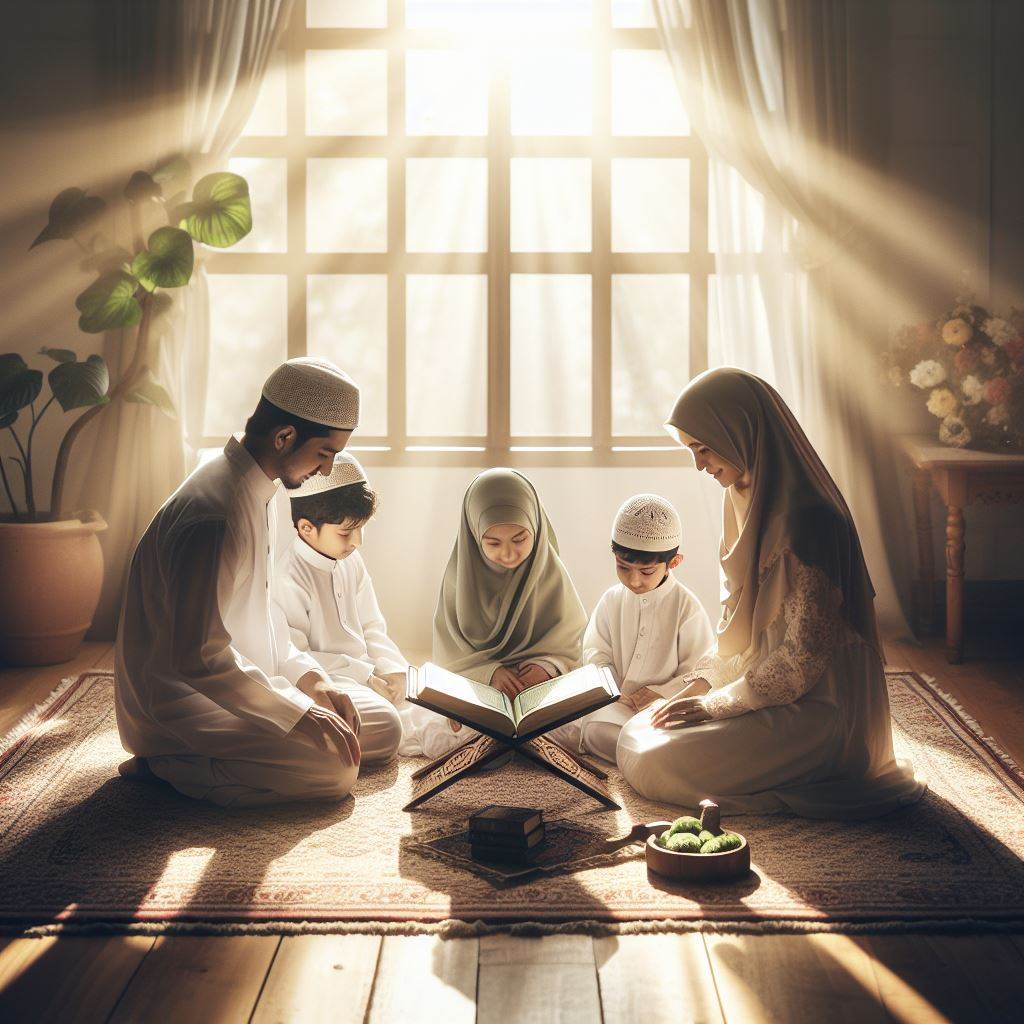The Quran, the holy book of Islam, and Sharia, the legal framework within which the public and some private aspects of life are regulated for those living in a legal system based on Islam, are two fundamental elements that guide the lives of Muslims. They provide a moral and ethical compass for Muslims around the world.
The Quran: The Divine Scripture

The Quran is considered the word of God by Muslims. It is believed to have been revealed to the Prophet Muhammad over a period of 23 years. The Quran is more than just a holy book to Muslims; it is a guide that offers direction for every aspect of life. It covers various aspects of life, including personal morality, community relationships, legal principles, and societal values. For instance, the Quran encourages Muslims to seek knowledge, uphold justice, and care for the poor and the needy.
Sharia: The Path to Follow

Sharia, which literally translates to ‘the way’, is the legal and moral code followed by Muslims. It is derived primarily from the Quran and the Hadith (the sayings and actions of the Prophet Muhammad). Sharia covers a wide range of topics, including crime, politics, and economics, as well as personal matters such as diet, prayer, and hygiene. For example, Sharia prohibits behaviors such as theft and adultery, and encourages practices such as charitable giving and honesty in business dealings.
The Intersection of the Quran and Sharia
The Quran and Sharia are intertwined in guiding Muslims. While the Quran is the divine scripture that sets out the moral and ethical guidelines, Sharia is the practical application of these principles. They complement each other, providing comprehensive guidance for Muslims. For instance, while the Quran might instruct Muslims to pray, Sharia provides the details on how, when, and where to perform these prayers.
Misconceptions about the Quran and Sharia
There are many misconceptions about the Quran and Sharia, particularly in non-Muslim societies. Some people believe that they promote violence and are incompatible with modern society. However, the Quran and Sharia are meant to promote peace, justice, and harmony among people. They encourage respect for all human beings, regardless of their race, religion, or gender. Furthermore, interpretations of Sharia can vary widely, reflecting the diversity of the Muslim community worldwide.
Conclusion
In conclusion, the Quran and Sharia play a crucial role in guiding the lives of Muslims. They provide a comprehensive moral and ethical framework that helps Muslims navigate through various aspects of life. Despite the misconceptions, they promote values such as peace, justice, and respect for all. Their relevance in contemporary times is a testament to their timeless wisdom and guidance.
I hope this helps you in writing your article. Remember to add more details and examples to make it more engaging and to reach the required word count. Good luck!


